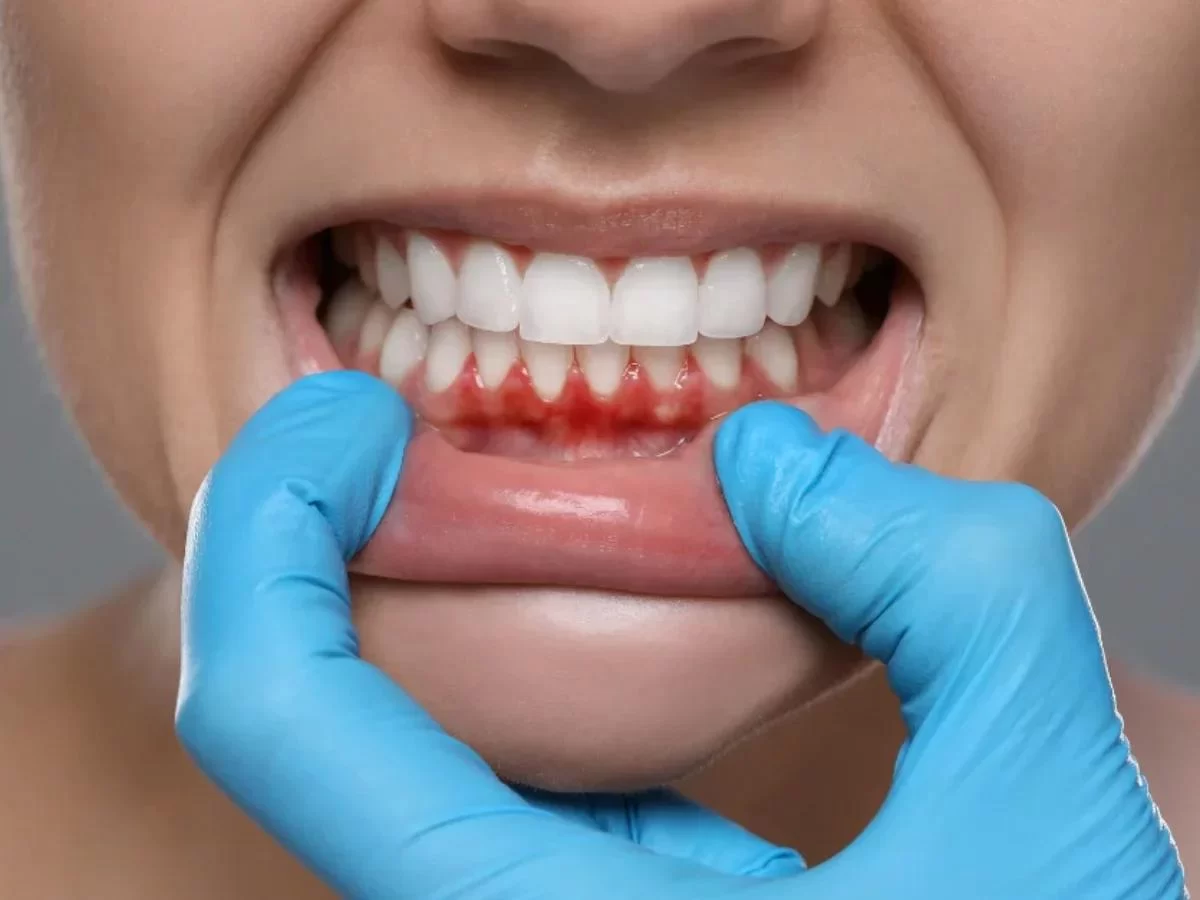
How to Prevent Gum Disease with Better Oral Care: Tips for Healthy Gums
- Understanding Gum Disease and Its Risks
- The Importance of Good Oral Hygiene
- Steps to Prevent Gum Disease
- Common Mistakes in Oral Care That Lead to Gum Disease
- What to Do if You Have Early Signs of Gum Disease
Understanding Gum Disease and Its Risks
Gum disease, also known as periodontal disease, is a common yet serious condition that affects the gums and can lead to tooth loss if left untreated. It starts with plaque buildup on teeth, which leads to inflammation of the gums. Over time, if not properly managed, this can progress to more severe forms of gum disease, including gingivitis and periodontitis. The good news is that gum disease is preventable with the right oral care habits.
Ignoring gum disease can lead to not just dental problems but also other health issues. Studies have shown that untreated gum disease may be linked to heart disease, diabetes, and other systemic conditions. This highlights the importance of proactive oral care to maintain healthy gums and prevent disease.
The Importance of Good Oral Hygiene
Oral hygiene is the cornerstone of gum disease prevention. Brushing and flossing regularly remove plaque—a sticky film of bacteria—that forms on teeth and gums. Plaque that isn't removed turns into tartar, which can only be removed by a dentist or dental hygienist. If left to accumulate, tartar can lead to gum irritation and, eventually, gum disease.
Effective oral hygiene involves not only brushing but also using dental floss and mouthwash. Brushing twice a day with fluoride toothpaste, flossing at least once daily, and using an antimicrobial mouthwash can significantly reduce the risk of developing gum disease.
Steps to Prevent Gum Disease
There are several key steps to preventing gum disease that go beyond basic brushing and flossing:
- Brush Properly: Use a soft-bristled toothbrush and fluoride toothpaste. Brush at a 45-degree angle to your gums to ensure you clean the gum line where plaque tends to accumulate.
- Floss Daily: Flossing helps remove plaque and food particles from between teeth where your toothbrush can't reach. Make sure to gently floss between all your teeth to prevent gum disease.
- Regular Dental Visits: Schedule a dental check-up every 6 to 12 months for a professional cleaning. This allows your dentist to identify early signs of gum disease and treat them before they become severe.
- Quit Smoking: Smoking is a major risk factor for gum disease. It weakens your immune system and makes it harder for your gums to heal. If you smoke, quitting will help reduce your risk.
- Eat a Balanced Diet: A healthy diet rich in vitamins and minerals, especially vitamin C, can help keep your gums healthy. Avoid excessive sugary foods, which can contribute to plaque buildup.
Common Mistakes in Oral Care That Lead to Gum Disease
While we may think we’re doing everything right, some common mistakes can still lead to gum disease:
- Brushing Too Hard: Aggressive brushing can wear down your gums and damage the enamel on your teeth. Use gentle strokes to avoid harming your gum tissue.
- Skipping Flossing: Skipping flossing is one of the biggest mistakes people make. Without flossing, plaque accumulates between teeth, increasing your risk of gum disease.
- Neglecting Regular Check-ups: Even if you’re brushing and flossing, skipping dental check-ups can lead to missed early signs of gum disease. Regular visits are essential for maintaining gum health.
What to Do if You Have Early Signs of Gum Disease
If you notice early symptoms of gum disease—such as swollen, bleeding gums or bad breath—it’s essential to take action quickly. Early intervention can prevent the condition from worsening. Consult with a dentist to determine the best course of treatment, which may include a deep cleaning (scaling and root planing) or an antibiotic treatment to reduce inflammation and infection.
Even if the gum disease has progressed to a more severe stage, treatment options are available. In some cases, surgery may be necessary to restore gum health, but with early detection and good oral care practices, gum disease can often be reversed.
For the most effective gum disease prevention, you should adopt better oral care habits and seek professional advice when needed. By following these guidelines, you’ll maintain healthier gums for years to come.
Want to learn more about how to prevent gum disease with better oral care? Visit Dentistry Toothtruth for expert advice and products designed to keep your gums healthy. Discover our full range of oral care solutions that support gum health and fight gum disease.







 Shine Orthodontics and Pediatric Dentistry4.0 (858 review)
Shine Orthodontics and Pediatric Dentistry4.0 (858 review) Brick Dental Studio4.0 (101 review)
Brick Dental Studio4.0 (101 review) SUMMER STREET DENTAL5.0 (153 review)
SUMMER STREET DENTAL5.0 (153 review) The Haddon Dentist - Andrew J Dietz, DDS4.0 (613 review)
The Haddon Dentist - Andrew J Dietz, DDS4.0 (613 review) Hamilton Mill Orthodontics4.0 (27 review)
Hamilton Mill Orthodontics4.0 (27 review) Jones Family Dentistry4.0 (12 review)
Jones Family Dentistry4.0 (12 review) The Importance of Oral Health Education During Pregnancy for a Healthy Pregnancy
The Importance of Oral Health Education During Pregnancy for a Healthy Pregnancy Best Tips for Brushing Your Teeth Properly for Healthy Gums: Essential Techniques for Oral Health
Best Tips for Brushing Your Teeth Properly for Healthy Gums: Essential Techniques for Oral Health Why Skipping Dental Checkups Can Lead to Bigger Oral Health Problems
Why Skipping Dental Checkups Can Lead to Bigger Oral Health Problems Advantages of Porcelain Dental Restorations
Advantages of Porcelain Dental Restorations How Can Diabetes Cause Tooth and Gum Problems? Preventing and Managing Oral Health Issues
How Can Diabetes Cause Tooth and Gum Problems? Preventing and Managing Oral Health Issues Healthy Habits for Promoting Good Oral Health and Hygiene: Tips for a Healthy Smile
Healthy Habits for Promoting Good Oral Health and Hygiene: Tips for a Healthy Smile